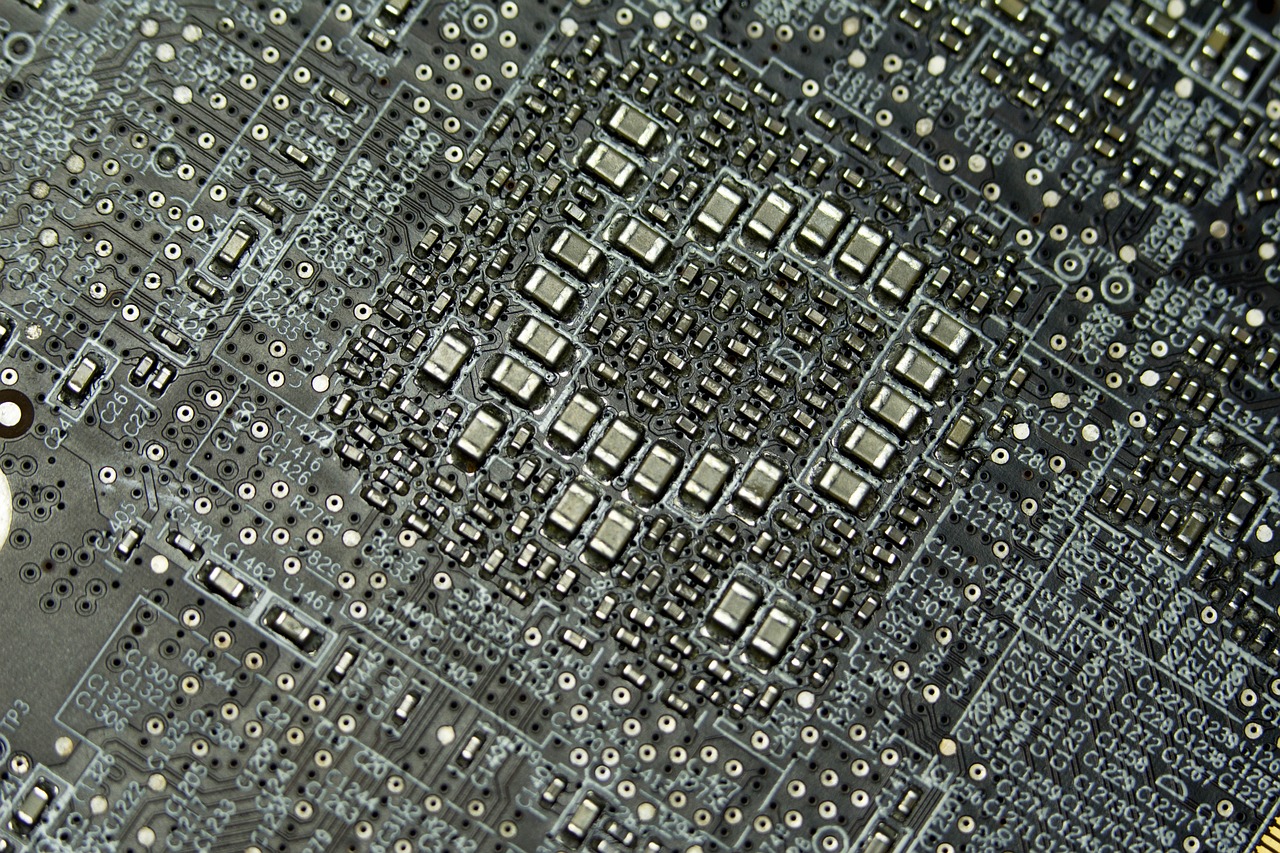The Role of Blockchain in Renewable Energy
Blockchain technology has the potential to revolutionize the renewable energy sector by enhancing transparency, efficiency, and trust among stakeholders. With blockchain, information related to energy production, consumption, and trading can be securely recorded and verified in a decentralized manner, eliminating the need for intermediaries. This could lead to increased market participation, cost savings, and improved energy trading practices in a more decentralized energy system.
Moreover, blockchain can enable the development of innovative business models and financial mechanisms that support the growth of renewable energy projects. By utilizing smart contracts and digital tokens, renewable energy assets can be fractionally owned and easily traded, providing new opportunities for investment and democratizing the access to clean energy resources. This could foster greater collaboration among industry players, accelerate renewable energy deployment, and contribute to the transition towards a more sustainable energy landscape.
How Blockchain Can Improve Transparency in Renewable Energy Transactions
Blockchain technology has gained significant attention in the renewable energy sector for its potential to enhance transparency in transactions. By utilizing a decentralized and immutable ledger, blockchain ensures that all data related to energy transactions are securely recorded and tamper-proof. This transparency can provide stakeholders with real-time access to information, allowing for increased trust and efficiency in renewable energy trading.
Moreover, blockchain’s transparency can also help in verifying the origins of renewable energy sources, enabling consumers to make more informed decisions. Through smart contracts, agreements can be automated based on predefined conditions, further streamlining transactions and reducing the need for intermediaries. This increased transparency can play a pivotal role in accelerating the transition towards a more sustainable energy ecosystem.
The Role of Smart Contracts in Streamlining Renewable Energy Trading
Smart contracts hold tremendous potential in revolutionizing the trading of renewable energy. By automating the process of buying and selling renewable energy, smart contracts can streamline transactions and minimize the need for intermediaries. This technology can create a more efficient and transparent marketplace for renewable energy trading, reducing costs and increasing accessibility for both buyers and sellers.
One of the key advantages of smart contracts is their ability to execute transactions automatically when pre-defined conditions are met. This feature eliminates the need for manual intervention and ensures that transactions are secure, transparent, and tamper-proof. By using smart contracts in renewable energy trading, parties can have greater trust in the transaction process and have confidence that the agreed-upon terms will be fulfilled accurately and promptly.
What is the potential of blockchain technology in the renewable energy sector?
Blockchain technology has the potential to revolutionize the renewable energy sector by providing a secure and transparent platform for trading energy.
How can blockchain improve transparency in renewable energy transactions?
Blockchain technology can improve transparency in renewable energy transactions by creating an immutable and decentralized ledger that records every transaction, making it accessible to all parties involved.
What is the role of smart contracts in streamlining renewable energy trading?
Smart contracts play a crucial role in streamlining renewable energy trading by automating the execution of contracts based on predefined conditions, reducing the need for intermediaries and streamlining the trading process.





